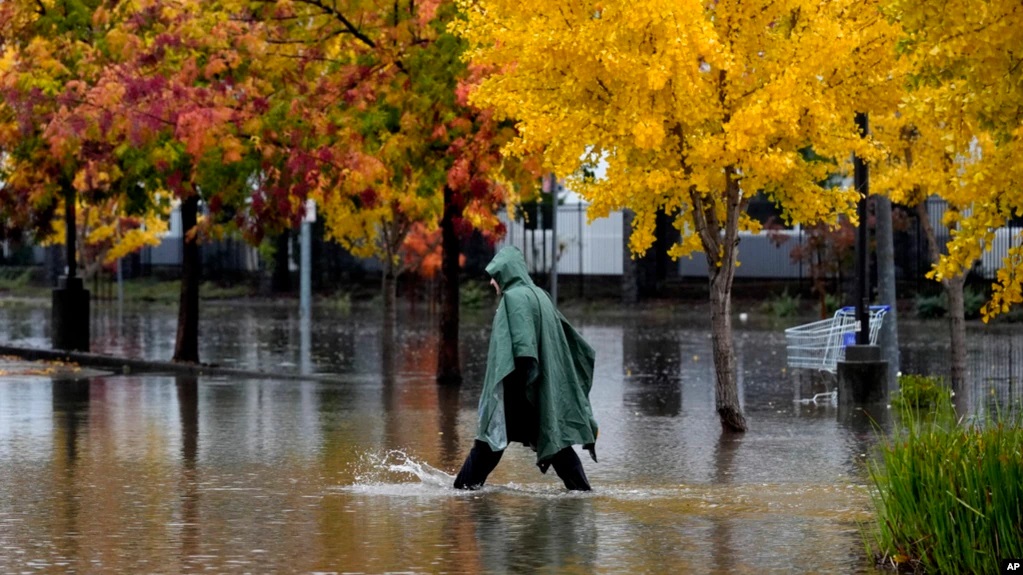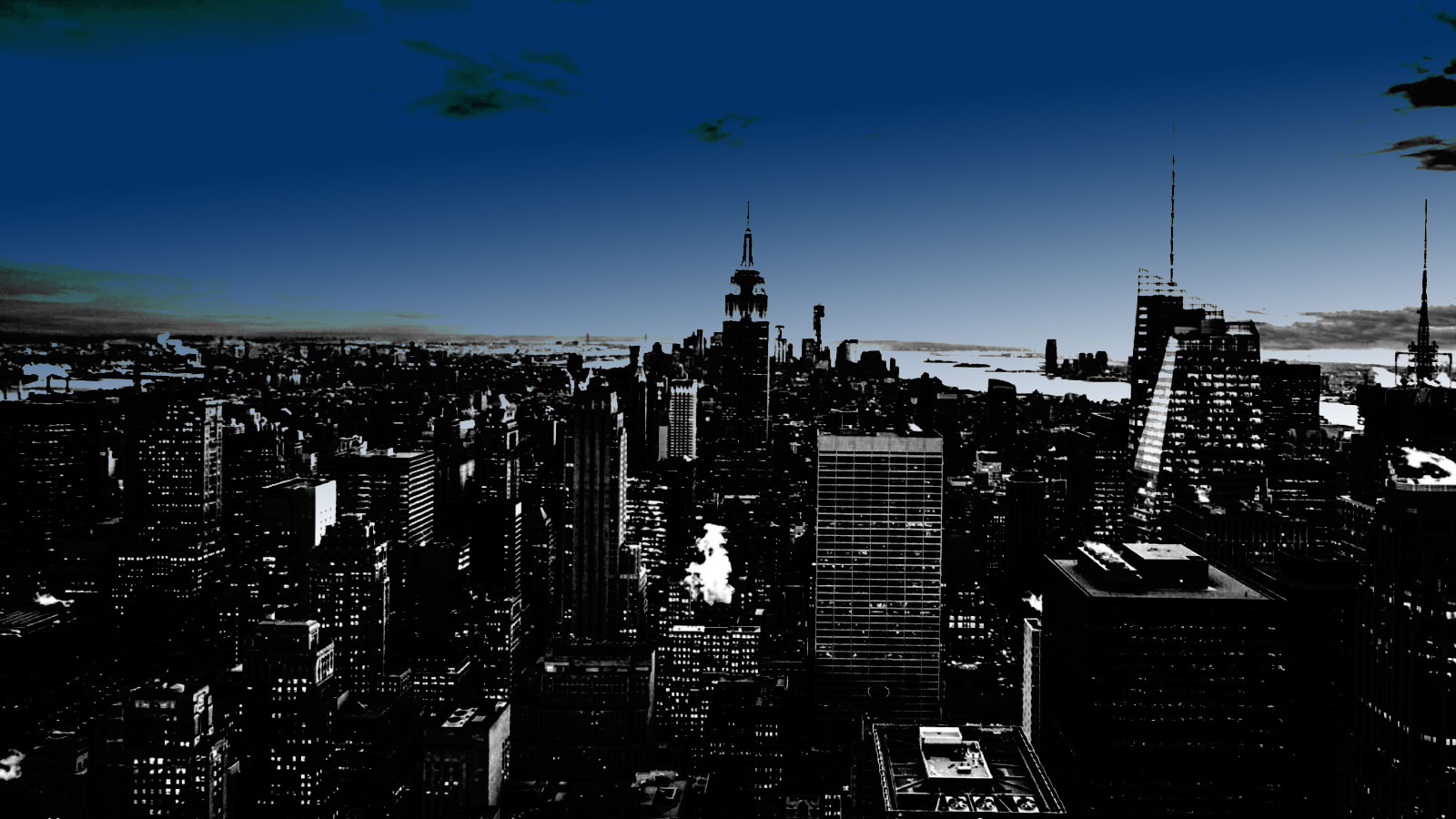Thailand’s Air Quality Could Cloud Songkran Festival
Written by worldOneFm on April 9, 2023
BANGKOK — The long-awaited relaunch of Thailand’s Songkran festival could be overshadowed by the country’s air pollution.
In the northern city of Chiang Mai, a thick haze of air pollution has been present in recent weeks, and experts are warning that conditions are likely to hamper tourism surrounding the upcoming national holiday.
Thailand is set to mark its famed New Year festivities for the first time in three years due to the COVID-19 pandemic. From April 13 to April 15, Thais visit temples, clean Buddha statues, and engage in public water fights, which are seen as a cleansing ritual in the Southeast Asian country.
But Thailand’s annual smoky season, when farmers burn fields to prepare for the next crop, typically runs from January to March, making for the worst air quality of the year. Although the practice is illegal, farmers continue to do it as the few alternatives are more costly, and Thailand’s seasonal PM2.5 dust — the most dangerous form of haze pollution — has soared in recent years.
Gary Bowerman, a Kuala Lumpur-based travel analyst, says this year’s particularly dense haze is almost certain to affect plans for those wanting to celebrate Songkran.
“The toxic air quality in Thailand, Laos, Myanmar, Cambodia and parts of Vietnam caused by agricultural burning is a real concern for the tourism industry,” he told VOA. “The haze season has started quite early and will certainly lead to booking cancellations. This will likely impact the Songkran festivities and hurt the tourism industry just as it is starting to recover.”
Health concerns
The smoggy air often leads to health issues among locals, especially in rural parts that constitute most of the country’s northern region.
Thailand sets the safe limit of PM2.5, which are dust particles with a diameter of 2.5 micrometers or less at 50 micrograms per cubic meter of air, but if air is polluted at PM2.5 above 100 micrograms, authorities take measures, such as a recent warning against outdoor activities in Chiang Mai and misting along roadways to keep them safely passable.
As home to Thailand’s largest and often longest Songkran celebrations, Chiang Mai’s tourism sector is especially vulnerable.
Pallop Saejew, who heads the Chiang Mai Chamber of Commerce, recently told the Khaosod English newspaper that a survey of local businesses indicates domestic travel to the city is already down for this time of year.
Mantana Boonset, reservations supervisor at Chiang Mai’s Anantara Resort, told VOA that bookings have been canceled in recent days, including by guests from the United States, China and Britain, who have been worried about how the pollution could affect their health.
“We have only received [cancellations] for March and April,” she told VOA. “We will offer them to keep the room credit and guests could postpone their period of stay for when they come back when the weather is better.”
According to IQAir, an air quality company headquartered in Switzerland, Chiang Mai recently topped the charts of its worldwide air quality and pollution rankings by city.
As of Wednesday, Chiang Mai was ranked second with a score of 254, which is deemed as “very unhealthy,” while Thailand’s capital, Bangkok, came in fifth with a score of 154.
Locals have resorted to wearing face masks amid the unclean air, with N95 masks considered the best protection.
Boonset says her resort is offering masks as a precaution.
“Our front desk team [has] … masks available that guests could have for free,” she said. “For Songkran, we don’t expect to get more cancellations because the weather will be getting better in that period, mostly it could be raining.”
Thousands hospitalized
For some, the pollution has already taken a toll. More than 12,000 patients sought treatment for respiratory issues at Chiang Mai’s Maharaj Nakorn Hospital from January to March, according to the city’s University Faculty of Medicine. Thailand’s Disease Control Department on March 9 announced more than 1.32 million people had reported pollution-linked illnesses in 2023. And on Tuesday, Chiang Mai Governor Nirat Pongsitthaworn declared four more wildlife crisis zones.
Travel analyst Bowerman says the continued haze could further undermine celebrations in Thailand, along with tourism in neighboring countries.
“It will also impact the Chinese Golden Week at the start of May, which most countries in Southeast Asia are hoping will kick-start the return of Chinese travelers in larger numbers,” he said. “Further south, in Malaysia and Indonesia, the rainy season has not yet finished, but there are widespread concerns that once the rains stop, this year’s haze season could be long and impactful for both countries and Singapore.”
Thailand’s crucial tourism sector saw arrivals sharply decline in 2020 and 2021 as a result of the pandemic. But forecasts now indicate up to 30 million tourists will enter the country in 2023, leading to economic growth of between 2.7-3.7%.
Tommy Walker / voa






